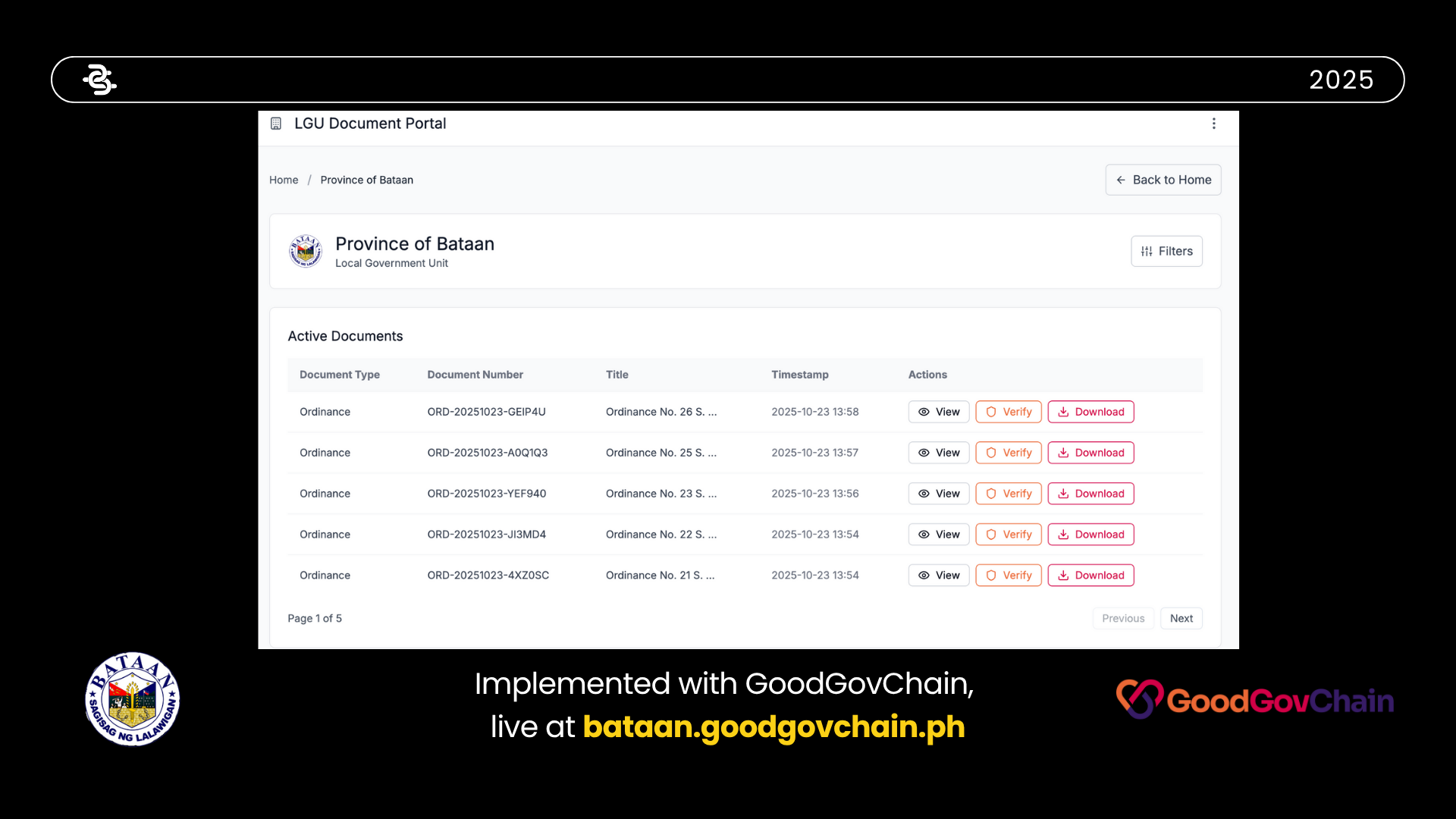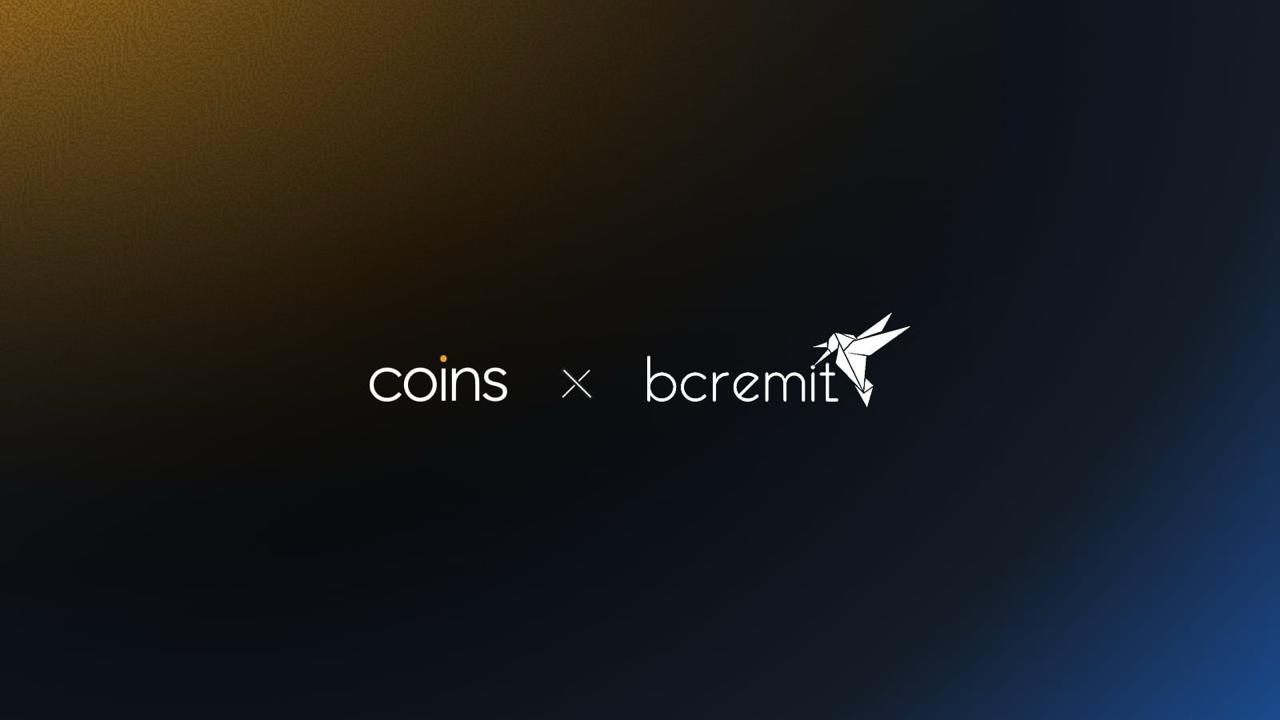SEC to Host Webinar on Crypto Asset Service Providers Amid Growing Public Questions
The Securities and Exchange Commission (SEC) of the Philippines is set to hold a free webinar on Frequently Asked Questions on Crypto-Asset Service Providers (CASPs) – Part 1 on August 27, 2025, at 2:00 PM. The session, streamed live on Facebook through the SEC Communication, Advocacy, and Network (SEC CAN!) initiative, is open to the public and aims to shed light on pressing questions about crypto regulation.
For the SEC, the event represents an attempt to move the conversation on CASPs from advisory memos and enforcement actions into direct dialogue with the public. With crypto trading, remittances, and decentralized finance now deeply embedded in the habits of millions of Filipinos, clarity on who can operate, how they are regulated, and what consumers can expect has become a long overdue demand.
What the Community Looks Forward To
For many in the crypto community, this webinar is less about technical definitions and more about practical answers. Which platforms are legally permitted to operate in the country, and what real protections do retail traders have when choosing between licensed and unlicensed exchanges? Beyond paperwork, what exactly does “compliance” mean for CASPs—does it guarantee accountability, or simply signal regulatory approval? Builders and small developers also want to know whether the rules will carve out space for innovation or instead tighten restrictions further, making it harder for local projects to thrive. Even licensed players are not exempt from scrutiny: if they fail to meet demand or serve users effectively, will there be consequences? Underpinning all of this is a broader question—how will regulators ensure that centralized platforms safeguard not only shareholder interests but also the fast-changing needs of consumers in such a volatile, strategy-driven market?
The SEC’s webinar will be closely watched for its ability to bridge the gap between legal frameworks and everyday realities of crypto use in the Philippines; the stakes are not only regulatory but reputational.
Success could be measured less by the number of viewers tuning in, and more by whether the discussion addresses issues traders, developers, and industry observers have raised for years.
If the webinar results in clearer consumer protections, better-defined compliance standards, and credible commitments to balance regulation with innovation, it could mark a turning point in the country’s crypto policy. If not, it risks reinforcing a perception that rules are being shaped without fully accounting for the ecosystem they intend to govern.
For now, the crypto community awaits August 27—not just for answers, but for signs of how seriously regulators intend to engage with those building and using the very systems they oversee.
.svg)


.svg) SHARE TO FACEBOOK
SHARE TO FACEBOOK SHARE TO TWITTER/X
SHARE TO TWITTER/X SHARE TO LINKEDIN
SHARE TO LINKEDIN SEND TO MAIL
SEND TO MAIL



.svg)


.svg)